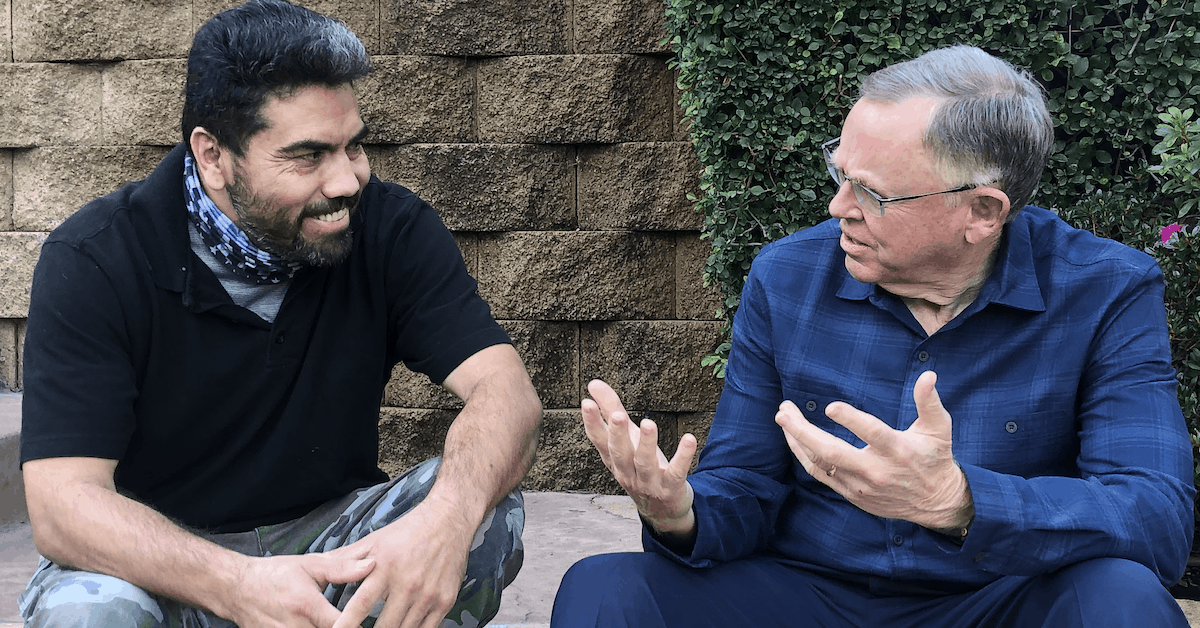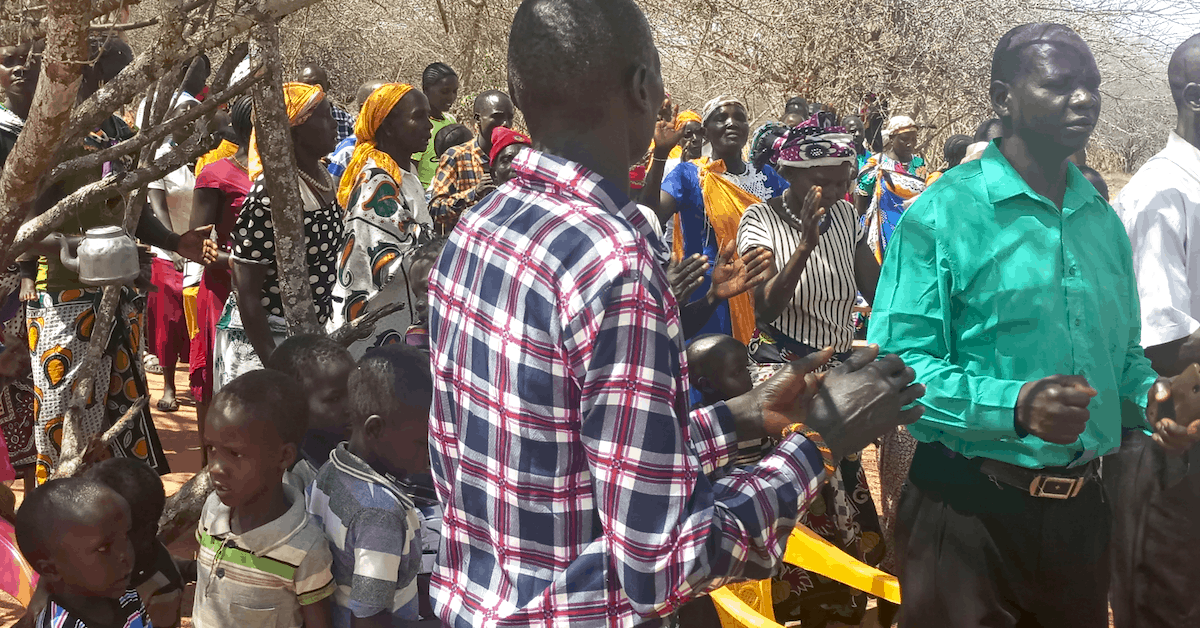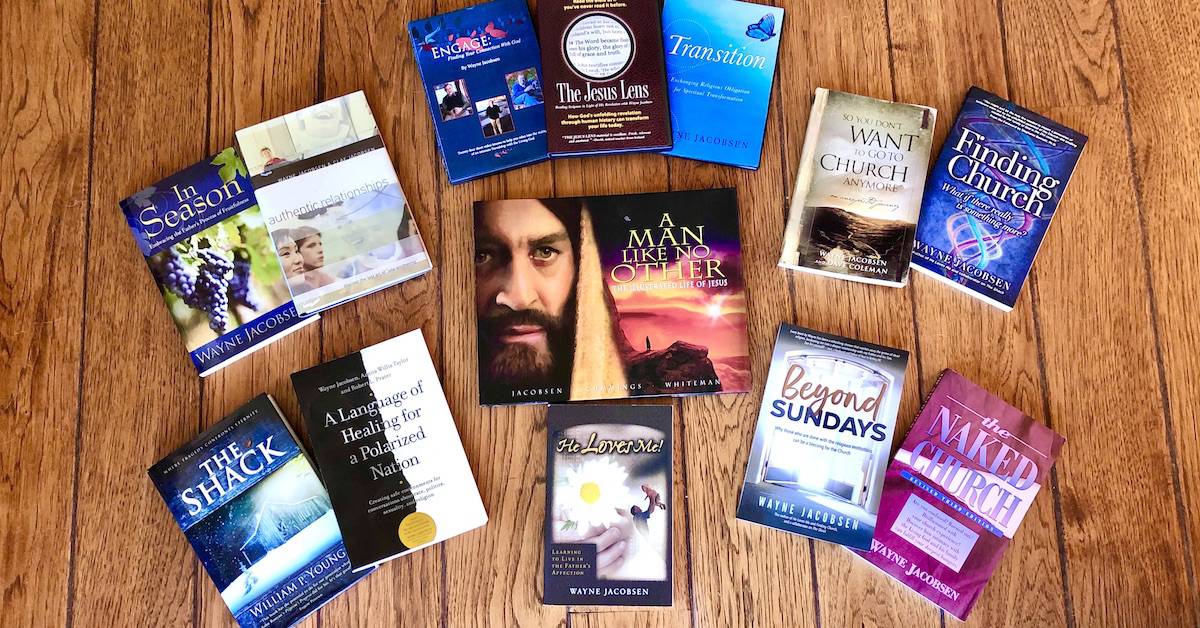Meet Me in the Middle
A couple of weeks ago on The God Journey, Kyle and I briefly discussed Tyler Perry’s invitation on the most recent Academy Awards TV broadcast:
“I refuse to hate someone because they’re Mexican or because they are black or white. Or LGBTQ. I refuse to hate someone because they’re a police officer or because they’re Asian. I would hope we would refuse hate. And I want to take this humanitarian award and dedicate it to anyone who wants to stand in the middle. Because that’s where healing, where conversation, where change happens. It happens in the middle. Anyone who wants to meet me in the middle to refuse hate and blanket judgment, this one is for you, too,”
In response to our discussion, I got this email: “I was just thinking earlier this week about how hard it is to be in the middle. That is one of the main reasons I have had to quit Facebook. Maybe in a future podcast, you and Kyle can give some tips on how to survive being in the middle without getting ripped to shreds. For now, I am quietly sitting on the sidelines licking my wounds.”
My heart goes out to this man. Political dialogue on social media these days is a blood sport where bullies rule the day and where thoughtful conversation is almost always hijacked by political agendas with an air of superiority. I am convinced, however, that most people want to meet in the middle where character matters and mutual respect wins the day, which is why I helped with A Langauge of Healing for a Polarized Nation.
Maybe Kyle and I will come back to this someday, but to answer his request, here’s how I find a way to lean into the middle as freely as I can.
- Realize everything in the media is skewed toward fear. It attracts eyeballs and advertisers who find fearful people an easy sell. I don’t let it in. Things are never as dire as the media wants us to believe. Regardless of what is going on in the news and wherever fear tries to find its way in, I reflect on the fact that God is bigger than any agenda humanity tries to exert and that his purpose is unfolding in our world behind the scenes. I know that in the end, Jesus gets the last word on everyone and everything (I Peter 3:22 MSG)
- I rarely take in more than 30 minutes of news and commentary per day, and that includes days with “breaking stories.” Glance and move on; don’t wallow in the fear or hysteria the media works to foment. If you don’t have resources that can give you a good overview in that amount of time, find better ones. And even then, I only believe about 70% of what I hear. I try to distinguish between facts I’m being given and the interpretation of those facts to manipulate my behavior. I try to recognize their bias and adjust accordingly.
- I intentionally go to websites and read articles that do not agree with my point of view. I always benefit from hearing what the other side is actually saying, and it keeps the algorithms from serving me up a soup of my own biases.
- I limit my input from one-sided think tanks, commentators, advocacy groups, and overtly biased media. If you think your side has all the facts and worthy ideas, you are part of the problem. We all have convictions about what is right and wrong, but these sources all have one purpose—to manipulate you so they can advance their agenda by exaggerating their perspective. It’s not so hard to see once you are aware of it. Hold fast to your convictions, but don’t let them be used to give you cause to hate or to fear those who don’t share them.
- I have good friends on the opposing sides of every issue to keep me honest. They are people who can talk about different points of view with respect and graciousness.
- I converse with people I don’t know on my social media the same way you would talk to them in person. I treat them with dignity and respect until they prove themselves toxic and destructive. Then, I no longer engage them and either block or delete their comments.
- This may be the most important one. Take in at least an hour of beauty and peace every day. Go for a walk. Sit in a garden. Celebrate a friendship with someone that refreshes your spirit.
I love this perspective that Eugene Peterson offers his Introduction to Nahum in The Message:
The stage of history is large. Larger-than-life figures appear on this stage from time to time, swaggering about, brandishing weapons and money, terrorizing and bullying. These figures are not, as they suppose themselves to be, at the center of the stage — not, in fact, anywhere near the center. But they make a lot of noise and are able to call attention to themselves. They often manage to get a significant number of people watching and even admiring: big nations, huge armies, important people. At any given moment a few superpower nations and their rulers dominate the daily news. Every century a few of these names are left carved on its park benches, marking rather futile, and in retrospect pitiable, attempts at immortality. The danger is that the noise of these pretenders to power will distract us from what is going on quietly at the center of the stage in the person and action of God. God’s characteristic way of working is in quietness and through prayer.
This is what makes my heart soar even in trouble times. What is God doing at the center of the stage?
If we stay grounded in that reality, we’ll learn to live generously in a world that needs it so badly.




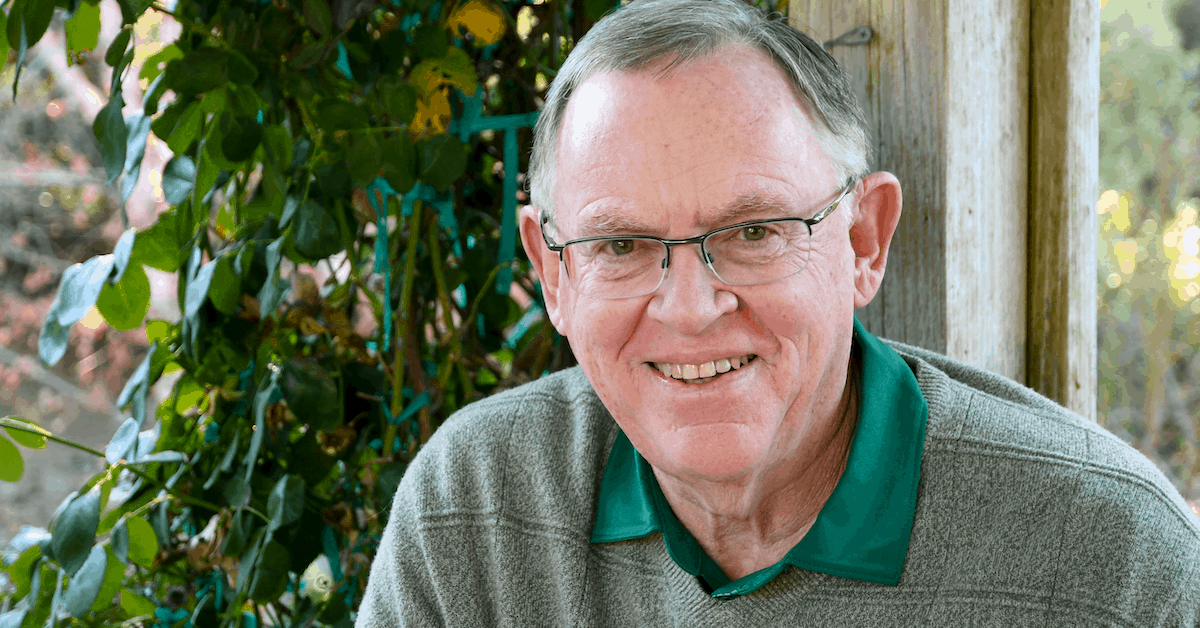
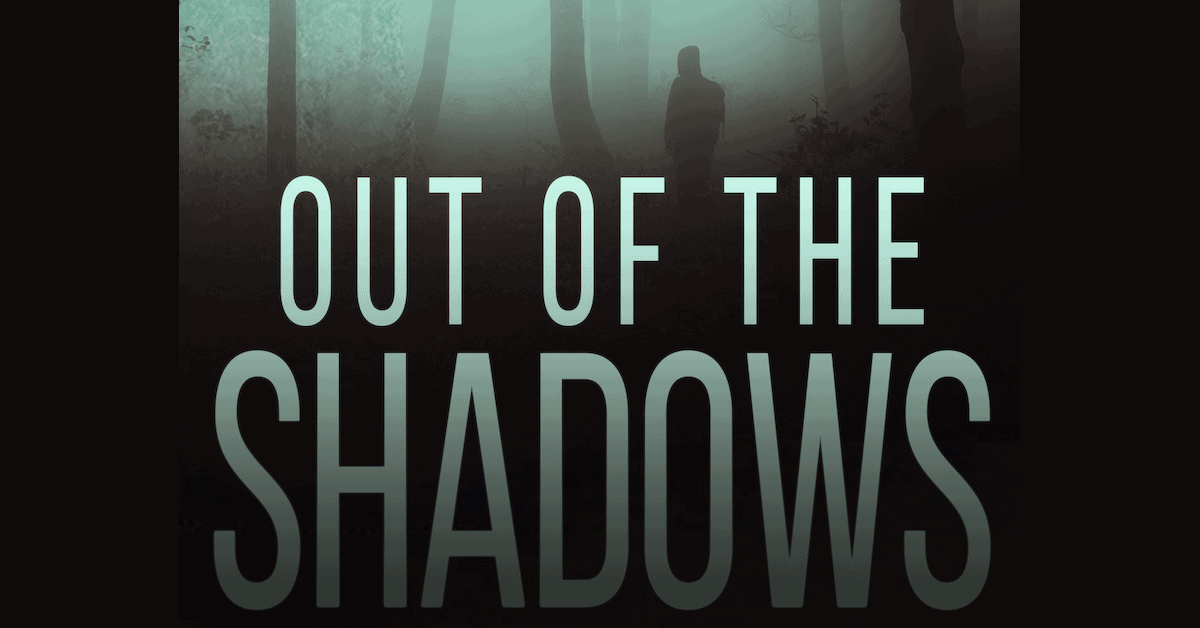





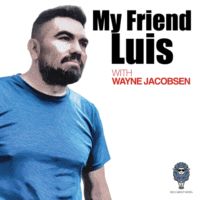 If you’re not in this story yet, you might want to be. You won’t want to miss this ending, nor any of it really. I’ve heard and been part of some amazing stories in my life, but this one has transformed my heart in some incredible ways. You can hear all the episodes at
If you’re not in this story yet, you might want to be. You won’t want to miss this ending, nor any of it really. I’ve heard and been part of some amazing stories in my life, but this one has transformed my heart in some incredible ways. You can hear all the episodes at 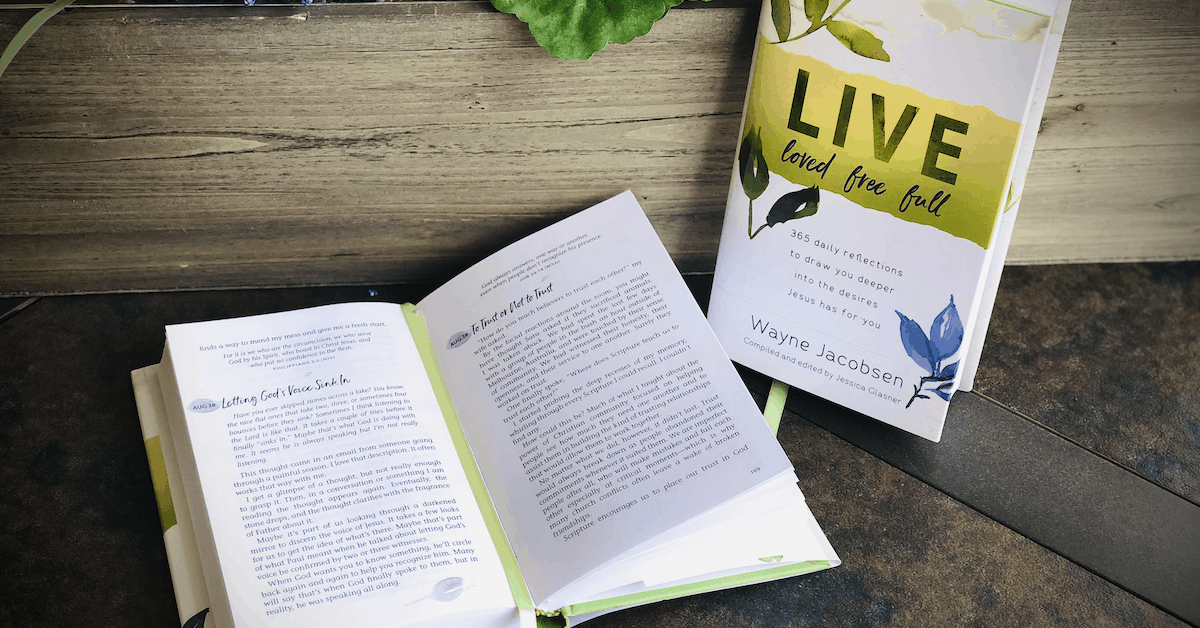
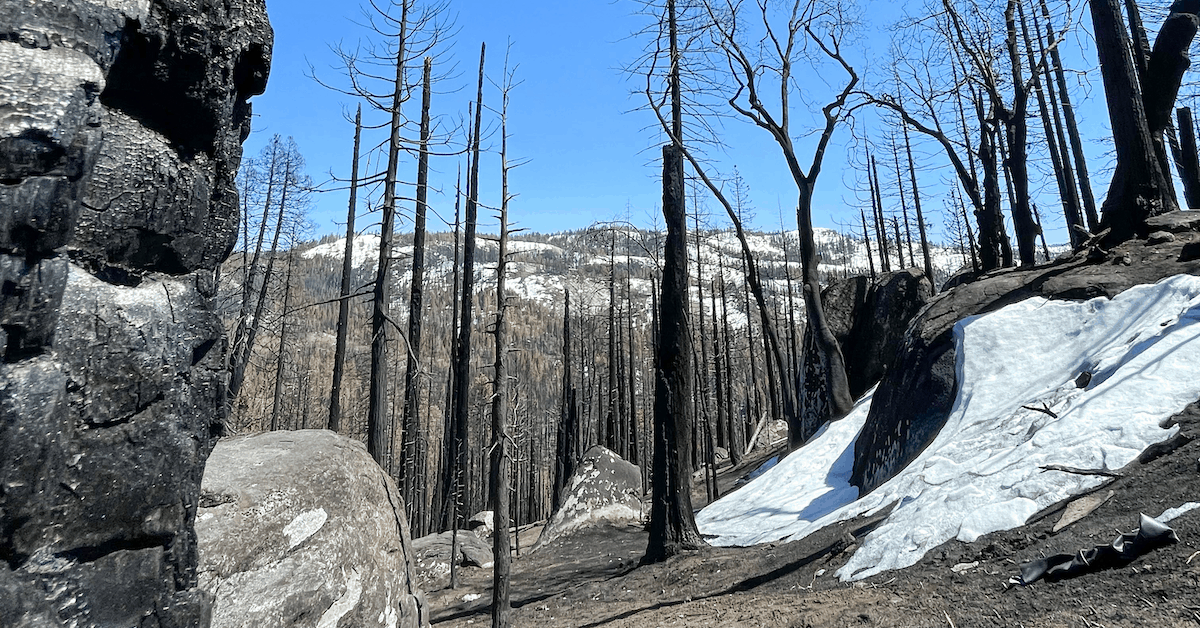
 As a side note, during our time at Shaver Lake, a local radio station played an interview recorded with my dad a few weeks before about his experiences in World War II.
As a side note, during our time at Shaver Lake, a local radio station played an interview recorded with my dad a few weeks before about his experiences in World War II. 
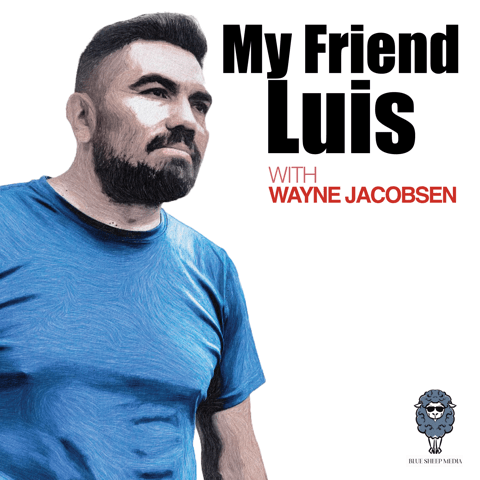 There’s a lot of that in this story, as it’s often easier to see looking back over a long story. My friend, Bob Prater, spends a lot of his days listening to people’s stories. He invites people out to breakfast or lunch with him, many he’s just meeting for the first time. When they sit down, he often asks them, “Tell me your story, and don’t leave anything out.” What a gift!
There’s a lot of that in this story, as it’s often easier to see looking back over a long story. My friend, Bob Prater, spends a lot of his days listening to people’s stories. He invites people out to breakfast or lunch with him, many he’s just meeting for the first time. When they sit down, he often asks them, “Tell me your story, and don’t leave anything out.” What a gift!